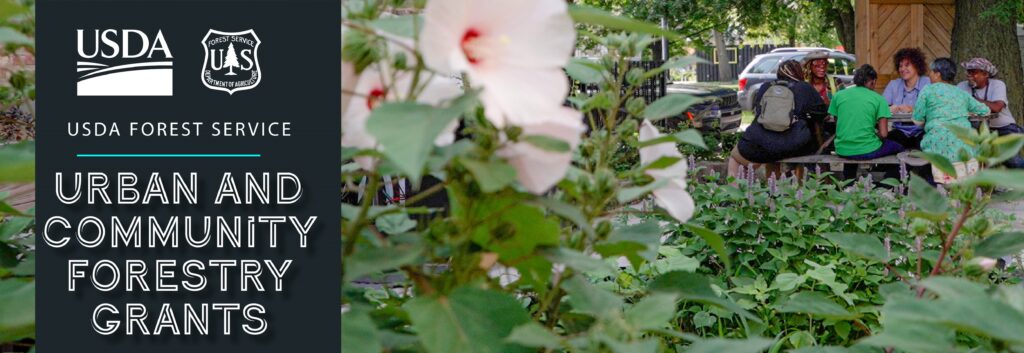
The Wisconsin Department of Natural Resources (DNR) recently announced it is accepting applications for the Urban Forestry Inflation Reduction Act grant program. The program, which launched in January, uses federal funds to support projects that positively impact trees and people within disadvantaged communities* in Wisconsin.
The DNR is hosting a webinar on March 14 at 1 p.m. to provide an overview of the application and answer questions. A link to register is available on the DNR Urban Forestry Inflation Reduction Act Grants webpage. The application deadline is June 3, 2024.
Potential projects may involve conserving, protecting, expanding or improving urban forests. Examples include tree planting, hazard tree removal and pest control. Projects can also be capacity-building endeavors, such as urban forestry management plans, tree inventories and public education.
Cities, villages, towns, counties, tribes and 501(c)(3) nonprofit organizations conducting their projects in Wisconsin may apply for an Urban Forestry Inflation Reduction Act grant. Eligible projects must occur in or benefit those living in disadvantaged communities as identified by the DNR on this map and list.
The DNR intends to award all $4 million in this round of funding, as another round of Inflation Reduction Act-funded grants is not anticipated.
The grants range from $1,000 to $500,000 and require no match. Applications will be ranked based on project outcomes, including the impact the project will have on the people and trees within disadvantaged communities.
If you have questions regarding the application process and eligible projects, please contact your DNR urban forestry coordinator.
*This release refers to disadvantaged communities because this is the terminology used by the federal government. However, it could be considered deficit-based language, when many of these areas are some of our most culturally diverse, vibrant communities in Wisconsin. It’s important to recognize the strength, resilience and assets all communities contribute to Wisconsin’s culture, economic systems, landscape and vitality.
